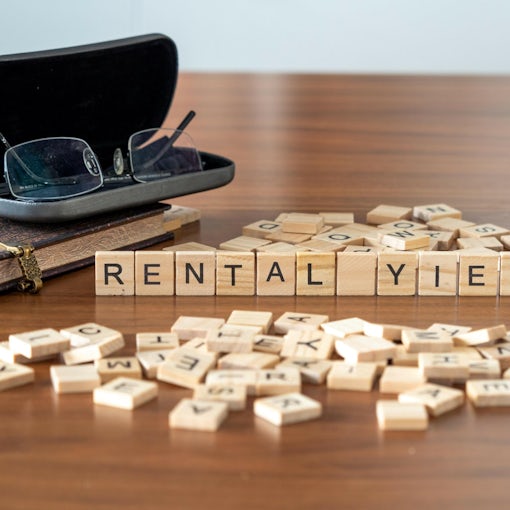Tenants working from home – the number of people working from home has increased to almost one-in-seven over the past decade, with the self-employed running home businesses and employees spending more time being home based, it’s inevitable that many of these people are tenants.
According to an analysis of the Office for National Statistics Labour Force Survey, the total number of people in employment has increased over the past 10 years, but this has been outstripped by the growth in people working from home, which now represents around 14% of the workforce.
The trend has long been a concern of landlords and agents letting residential property, as those in the know are well aware that English tenancy laws mean that a business tenant, as opposed to a residential tenant, can claim long-term security of tenure under the Landlord & Tenant Act 1954 Part 2 (Business Tenancy) rules.
When a landlord draws up an agreement, whether it be a lodger licence, an Assured Shorthold Tenancy (AST) or a business lease, in tenancy law the title on the agreement means nothing: it’s the situation that matters.
As tenancy law expert David Smith notes in his blog:
“There has always been a worry that by permitting the operation of a business the landlord will inadvertently create a tenancy under the provisions of the Landlord and Tenant Act 1954 and the tenant will then gain the automatic right of renewal provided by Part II of that Act.”
However, the matter has been to some extent resolved recently by the Government reacting to landlords’ concerns and acknowledging the size of a potential problem by passing Section 35 of the Small Business, Enterprise and Employment Act 2015 – see link below.
What the Act does is create a new type of tenancy which is not a business tenancy per se, but a “Home Business Tenancy”.
This is a tenancy where the tenant occupies the property as a residential tenant but is permitted to run a home business from the property. The home business is defined as “any business which can reasonably be run from home”. However the Act does specifically exclude any business for the sale or supply of alcohol.
So, where a tenancy can be shown to be a “Home Business Tenancy” it will be excluded from the Landlord and Tenant Act 1954 and will still count as an Assured Shorthold Tenancy (AST) of a single dwelling under the Housing Act 1988.
The Housing Act 1988 already had some provisions for home working, so long as the tenancy was “substantially for the purpose of providing the tenant with a home”. However, as a result of the new legislation, all other forms of home working will now be permissible with an AST under the Housing Act 1988.
However, as David Smith points out, that does not mean that everything is now hunky-dory: while the landlord can rest easy regarding security of tenure issues in relation to home working, there are other parties to consider:
- Mortgage lenders, superior leases in flats, and insurance providers all usually have clauses prohibiting business use of the property
- Landlords will need to check with these providers to get permission for such as use, but there is no guarantee they will be successful
- Also, the changes do not apply to existing tenancies which could still be caught under the Landlord & Tenant Act 1954 provisions should a tenant attempt to enforce.
Therefore, David Smith adds, “while this is a sensible change which is welcome, it will be of no effect unless it is taken up by notoriously conservative mortgage lenders and insurers. Hopefully, the Government will take steps to encourage changes in their terms to allow this in future.”
Article courtesy of LandlordZONE






